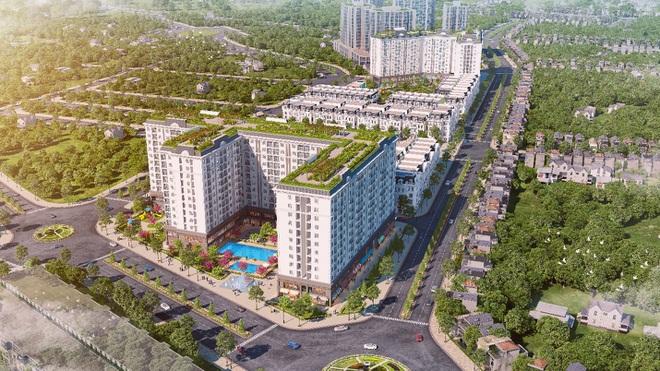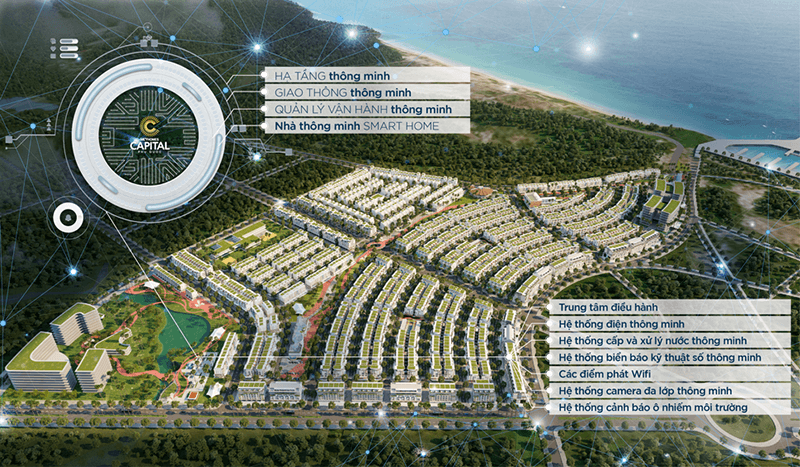- From Lagos to London: Stay Informed with Comprehensive nigerian news, Examining Economic Reforms and Security Updates for Global Investors and Diaspora Communities.
- Economic Reforms and Investment Climate
- Security Challenges and Regional Stability
- Impact of Security on Investment
- Political Landscape and Governance
- Diaspora Engagement and Remittances
- Remittance Trends and Impact
- Technological Advancements and Digital Economy
From Lagos to London: Stay Informed with Comprehensive nigerian news, Examining Economic Reforms and Security Updates for Global Investors and Diaspora Communities.
Staying informed about global events requires a diligent approach, and the latest news emanating from Nigeria is increasingly crucial for investors, the diaspora, and those interested in the dynamics of a rapidly changing continent. Nigeria, as Africa’s most populous nation and largest economy, significantly impacts regional stability and global markets. Understanding its economic reforms, security challenges, and political developments is paramount for making informed decisions, whether for investment portfolios or personal connections to the region. This article provides a comprehensive overview of the key developments shaping Nigeria today.
Economic Reforms and Investment Climate
Nigeria has been actively pursuing economic diversification away from its heavy reliance on oil. The government is implementing policies to boost agriculture, manufacturing, and the digital economy. A significant aspect of these reforms involves attracting foreign direct investment (FDI) and improving the ease of doing business. New incentives are being offered to companies investing in key sectors, and efforts are underway to streamline bureaucratic processes. However, challenges remain, including infrastructure deficits, corruption, and regulatory inconsistencies.
Furthermore, the recent currency reforms, aimed at stabilizing the exchange rate and reducing inflation, have had mixed results. While some applaud the move towards a more market-determined exchange rate, others worry about the short-term impact on import costs and the affordability of essential goods. Attracting sustainable investment is a long-term play impacted by consistent policies, transparency and good governance.
| Agriculture | Food processing, organic farming, agro-tech | Land tenure issues, infrastructure gaps |
| Manufacturing | Automotive assembly, consumer goods, petrochemicals | Power supply, sourcing of raw materials |
| Technology | Fintech, e-commerce, software development | Digital infrastructure, cybersecurity threats |
Security Challenges and Regional Stability
Nigeria faces significant security challenges, particularly in the northeast and north-central regions. The Boko Haram insurgency continues to pose a threat, though its territorial control has been diminished. Banditry and farmer-herder conflicts are also widespread, exacerbating humanitarian crises and displacing communities. Addressing these security issues is vital for attracting investment and fostering sustainable development. The government is collaborating with international partners to enhance security capabilities and address the root causes of conflict.
The regional implications of Nigeria’s security situation are also substantial. Instability in Nigeria can spill over into neighboring countries, fueling cross-border crime and exacerbating existing tensions. Collaborative efforts involving regional organizations, like ECOWAS, are critical to strengthening security cooperation and promoting peace and stability throughout the West African sub-region. The complexities require multifaceted responses.
Impact of Security on Investment
The ongoing security concerns in several parts of Nigeria are often cited by investors as a major deterrent to long-term investment. The perception of risk escalates the costs associated with doing business – increased security expenses, insurance premiums, and the potential for disruptions to operations. Nevertheless, despite these challenges, certain sectors remain attractive for investment, especially those that align with the government’s diversification goals. For example, the burgeoning tech sector is attracting venture capital despite the general security climate. Due diligence and thorough risk assessments are, therefore, vital for evaluating investment opportunities within Nigeria.
To mitigate these risks, companies often look towards public-private partnerships and incentivize the government and other security entities to perform their duties to help deliver growth. While this often attracts concern, it allows for an investment to proceed. The security environment, combined with political uncertainty, requires a nuanced understanding of the local context and demonstrated commitment to corporate social responsibility.
Political Landscape and Governance
Nigeria’s political landscape is complex and often characterized by intense competition. The country is preparing for its next presidential elections, which are expected to be closely contested. Good governance, transparency, and accountability are crucial for maintaining political stability and fostering economic development. Civil society organizations and the media play a vital role in holding the government accountable and promoting democratic values. Furthermore, strengthening the rule of law is essential for attracting foreign investment and harnessing the country’s full potential.
The effectiveness of governance structures is frequently debated, with concerns raised about corruption and the efficiency of public institutions. Electoral reforms are ongoing, aimed at improving the credibility and transparency of the electoral process. However, challenges remain in promoting inclusive participation and ensuring free and fair elections. A guarantee of investor confidence as a result of transparent political processes, remains an area of need.
- Strengthening anti-corruption institutions
- Promoting transparency in government procurement
- Enhancing the independence of the judiciary
- Investing in education and human capital development
- Diversifying the economy and reducing dependence on oil
Diaspora Engagement and Remittances
The Nigerian diaspora is a significant source of capital and expertise. Remittances from Nigerians living abroad are a substantial contributor to the country’s economy. The government is actively seeking to engage the diaspora and encourage their participation in national development. Initiatives are underway to facilitate diaspora investment and provide support for Nigerian professionals living overseas. Leveraging the expertise and networks of the diaspora can play a key role in accelerating economic growth and promoting innovation.
However, bureaucracy and a perceived lack of transparency have historically hindered diaspora investment. Efforts to reduce these barriers and create a more welcoming environment are now underway. The recent launch of the Nigerian Diaspora Investment Trust (NDIT) is a step in the right direction—facilitating investment in critical areas. The expertise and capital of the diaspora needs to be better harnessed to contribute to the sustainable development of Nigeria.
Remittance Trends and Impact
The inflow of remittances to Nigeria has risen steadily in recent years, contributing significantly to the country’s foreign exchange reserves. These funds are often used to finance education, healthcare, and other essential household needs. The impact of remittances extends beyond individual households, supporting local businesses and stimulating economic activity. However, the cost of sending remittances to Nigeria remains relatively high, due to transaction fees and exchange rate fluctuations. Efforts to lower these costs are essential to maximizing the development impact of remittances.
Furthermore, there remains scope for mobilizing diaspora savings for investment in productive sectors of the economy. Creating a conducive environment for diaspora investment, including reducing bureaucratic hurdles and providing access to finance, can unlock significant potential for economic growth. Greater engagement between the government and diaspora communities will be crucial for fostering a mutually beneficial relationship.
Technological Advancements and Digital Economy
Nigeria’s technology sector is experiencing rapid growth, driven by a young and entrepreneurial population. Fintech companies are revolutionizing the financial services industry, providing innovative solutions for payments, lending, and insurance. The country is also witnessing a surge in e-commerce and digital content creation. Investing in digital infrastructure, improving internet access, and fostering digital literacy are essential for unlocking the full potential of Nigeria’s digital economy. The sector needs to continue to foster investment.
However, significant challenges persist in the digital space, including cybersecurity threats, limited access to funding, and a skills gap. The government is implementing policies to address these challenges and promote a more conducive environment for technological innovation. Establishing a robust regulatory framework for the digital economy is critical for fostering trust and attracting investment. Fostering start-ups requires continued investment.
- Invest in broadband infrastructure
- Develop a skilled workforce
- Strengthen cybersecurity measures
- Promote digital literacy
- Foster a regulatory environment that encourages innovation
| Fintech | 25% per annum | Mobile payments, lending platforms |
| E-commerce | 20% per annum | Online marketplaces, logistics services |
| Software Development | 15% per annum | Enterprise software, mobile apps |
Nigeria stands at a crossroads, with significant opportunities and challenges. The nation’s economic reforms, while complex, promise a more diverse and resilient economy. Addressing security concerns and improving governance are vital for attracting investment and fostering sustainable development. By engaging the diaspora, leveraging technological advancements, and prioritizing inclusive growth, Nigeria can unlock its immense potential and achieve long-term prosperity. Successfully navigating these complexities will define Nigeria’s trajectory in the years to come and its role on the global stage.



























